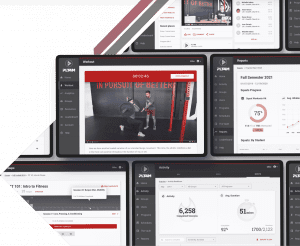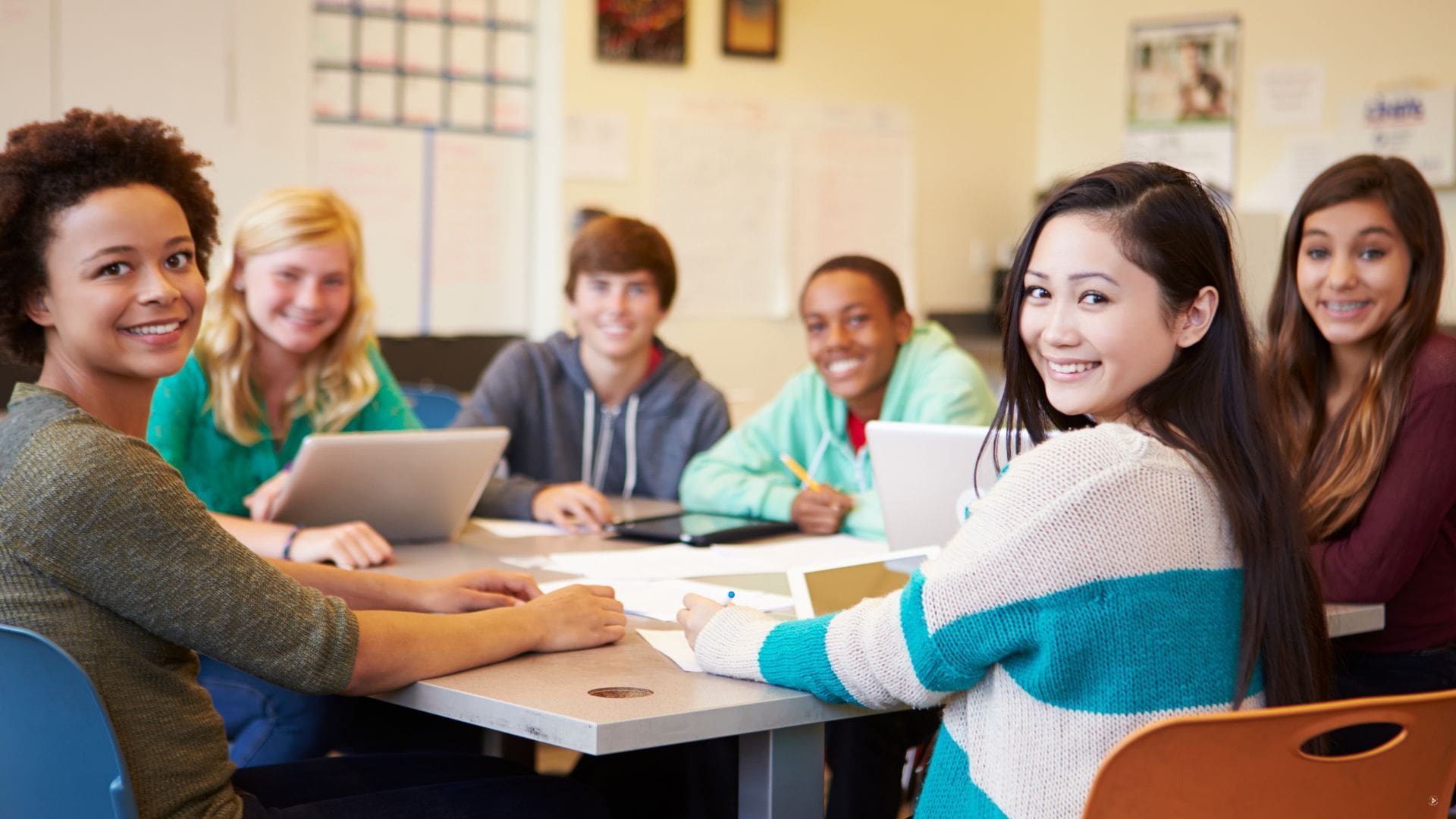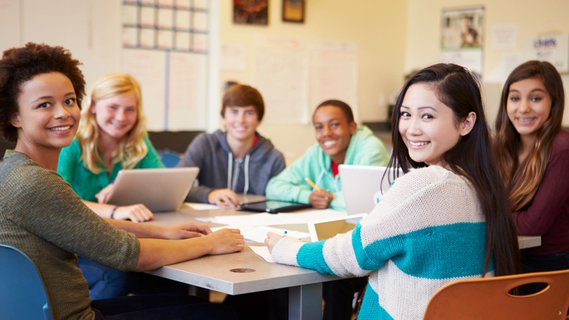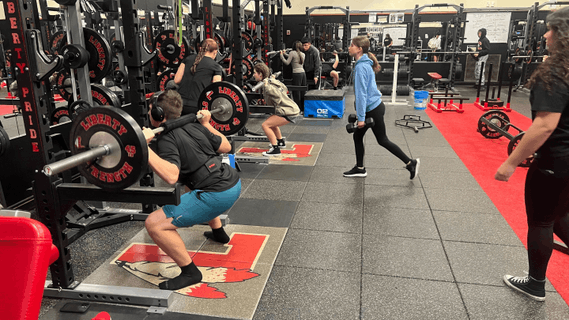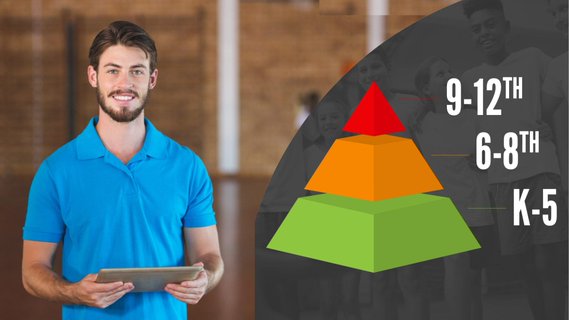Exercise and self esteem go hand in hand. Regular exercise can help boost your confidence and self-esteem while improving your overall physical and mental health. This article will explore the relationship between exercise and self esteem and how schools utilize exercise to increase confidence and self-esteem via physical education.
Defining Self Esteem
“Self esteem is the belief and confidence in your own ability and value.”
But self esteem is not a static concept and certainly doesn’t have a single definition. At times, people can fluctuate between having high self-esteem and low self-esteem depending on a myriad of factors. Feelings, emotions, relationships, and experiences in our daily lives can all impact our low or high self-esteem.
Even better than thinking “low” or “high” would be using the term healthy. Healthy self-esteem allows us to acknowledge and accept our strengths and weaknesses, express our needs and wants, set goals, set boundaries, and do so much more.
The Tricky Relationship Between Exercise and Self Esteem
If we agree that self esteem is the belief and confidence in our own ability and value, we should address how our physical fitness and physical health impact our self esteem.
Historically speaking, our society has a tenuous relationship between body image and self esteem. Moreover, we have wrongly conflated a single number on a scale with overall physical health and wellness. Rebecca Toutant, PLT4M Nutrition Expert, has long tried to combat this misconception between health and weight,
“Many people have unrealistic expectations for their weight. People’s pursuit of weight change/control is often rooted in appearance – not health. You may think you “need” to lose or gain weight. But there are many factors (and consequences) that we must understand when we fixate on size as a measure of someone’s self-worth.”
Unfortunately, this type of thinking has led the conversation about exercise and self esteem to become more about body image and self esteem. Warped over time, we have lost sight of the many powerful benefits of physical exercise on self esteem. Let’s redefine the relationship between exercise and self esteem!
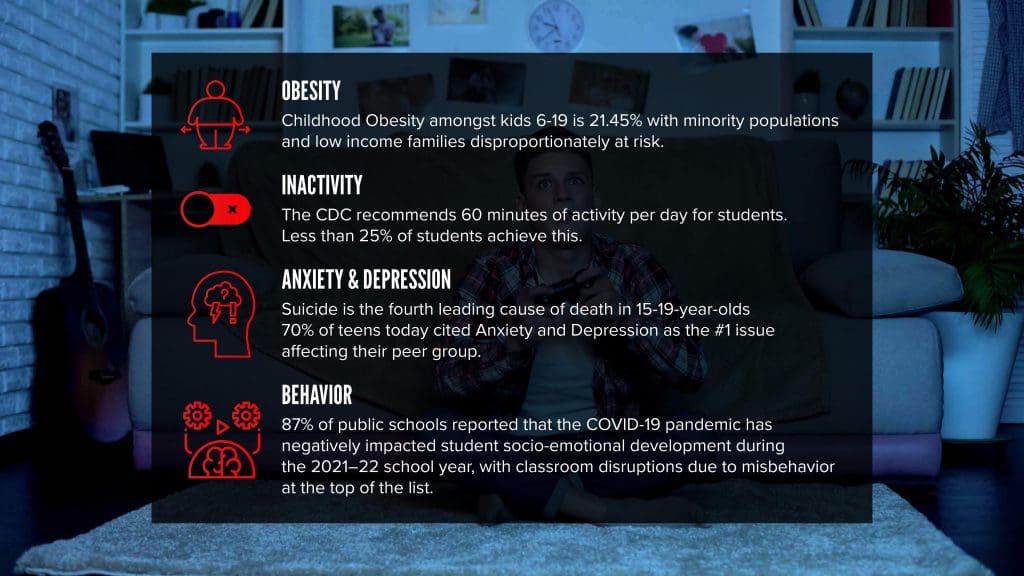
Redefining The Relationship Between Exercise and Self Esteem
To redefine the relationship between exercise and self esteem, we need to reimagine what we are doing when we participate in physical activity and physical exercise.
When we take part in regular exercise, we aren’t just impacting our physical health. There is a clear connection between fitness and mental health that we must embrace.
“In addition to building physical strength, exercise can improve mental health. It’s been shown to reduce depression, anxiety and negative moods as well as alleviate low self-esteem and social withdrawal. In place of these negative emotions, exercise boosts self-esteem and cognitive function.” (Excellence in Fitness)
In addition to reducing stress and boosting our mood, we accomplish something every time we work out. Whether doing yoga, strength training, aerobic exercise, or any physical exercise, we challenge ourselves. As a result, we can feel a sense of accomplishment that has incredibly positive effects on our self esteem.
Examples of Exercise and Self Esteem In Action
There are countless examples of exercise and self esteem in action. Many organizations, even big brands, are pushing to redefine positive body image. By doing so, we are changing the conversation and relationship between exercise and self esteem. Better yet, we are empowering more people to have positive relationships with physical fitness in many forms.
But worth spotlighting is the work schools and teachers are doing to promote the powerful connection between exercise and self esteem for our young people.
Pennfield High School
For example, let’s take a closer look at Molly Collins’ physical education classes at Pennfield High School in Michigan. Molly has always believed in the power of fitness and says that she tries to build self esteem and confidence in every single class,
“We’re wanting to implement success into these students so that they have a healthy relationship with health and wellness in the future. That’s what it’s all about. We need to provide students with many different tools to make them stronger in all aspects of health. Developing those four aspects of mental, physical, emotional, and spiritual health, then help students to make decisions for a healthier future.”
As a result, Molly is championing positive self esteem and confidence through physical activity and exercise. Take an inside look at her class and some student accomplishments featured on Molly’s Instagram below.
Wyomissing High School
Another great example of physical education empowering young people in the pursuit of connecting exercise and self esteem. Jodi Reardon, PE teacher at Wyomissing High School, saw students struggling with physical exercise in PE,
“When I talked with the guidance counselors, I would hear stories of students not wanting to come to school because of PE. I have even seen doctor’s notes asking for alternatives to class because of the toll it took on kids.”
But Jodi didn’t want the solution for students’ stress to be removing PE entirely. Instead, she wanted to shift the focus of physical education to serve students better,
“I want students to see the positive connections to physical education. Not only are there physical benefits, but mental, emotional, and social. If we can help students find something they enjoy doing, they will be more likely to reap the long-term benefits of lifetime fitness.”
Now the physical education program exposes students to a myriad of lifetime fitness options like strength training, yoga, dance, net games, and more.
Ready to Learn More?
Schedule a free 10 minute consultation to see how the PLT4M system can help save you time, and empower student learning!
Key Takeaways on Exercise and Self Esteem
Exercising regularly can improve self-esteem and confidence. Studies have shown that regular exercise can increase self-confidence and improve self-image. Exercise releases endorphins, which can lead to improved mood and can help to reduce stress and anxiety. Additionally, by consistently challenging yourself with new exercises and activities, you can build up confidence in your abilities and learn how to push yourself to reach new goals.
While these benefits are great for everyone, we should pay special attention to physical education’s role in self-esteem. Good things come when we empower our young people through quality physical education, promoting healthy self-esteem. As a result, we will create a happier and healthier generation of adults. So let’s start at the source and take a proactive approach to exercise and self esteem.

